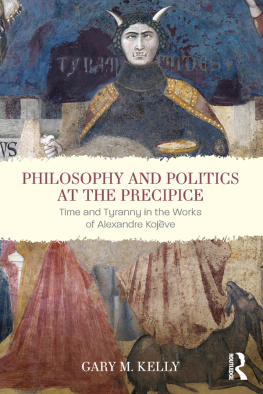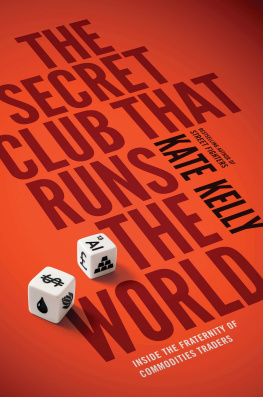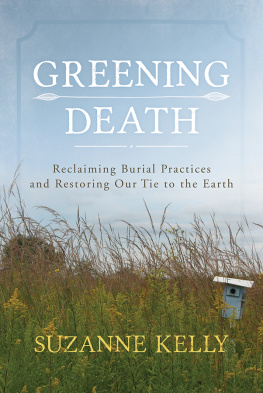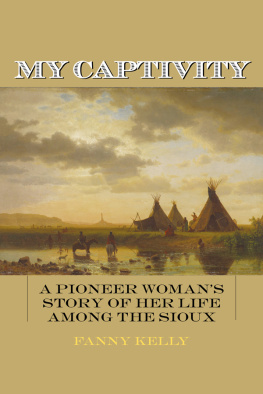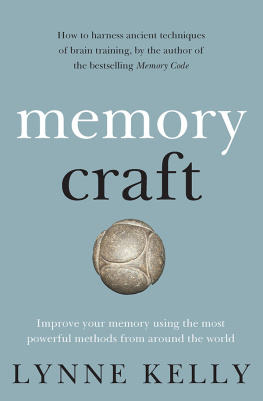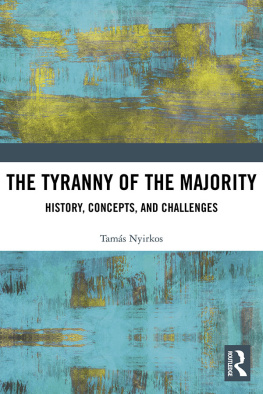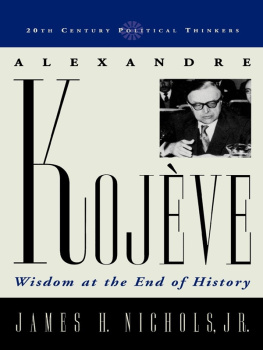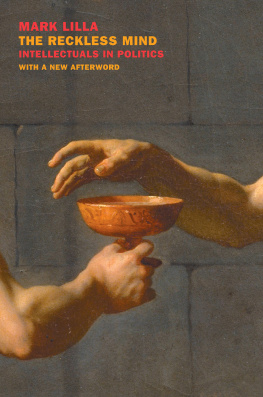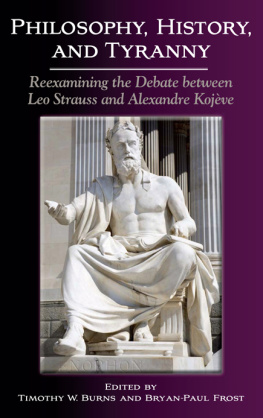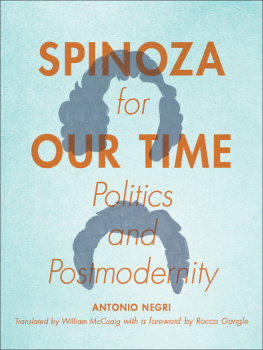
Philosophy and Politics at the Precipice
Philosophy and Politics at the Precipice maintains that political philosopherAlexandre Kojve (190168) has been both famously misunderstood and famousfor being misunderstood. Kojve was famously understood by interpreters forseeing an end of history (an end that would display universal free democraciesand even freer markets) as critical to his thought. He became famously misunderstoodwhen interpreters, at the end of the twentieth century, placed such anend at the center of his thought. This book reads Kojve again as a thinker oftime, not its end. It presents Kojve as a philosopher and precisely as a time phenomenologist,rather than as a New Age guru. The book shows how Kojvestime is inherently political, and indeed tyrannical, for being about his understandingof human relation. However, Kojves views on time and tyranny provehis undoing for making rule impossible because of what the book terms thetime-tyrantproblem. Kojves entire political corpus is best understood as anattempt to rectify this problem.
So understood, Philosophy and Politics at the Precipice provides fresh perspectiveon the true nature of Kojvian irony, Kojves aims in the StraussKojve exchange, and how Kojve at his best captures a philosophical,phenomenological time, one that marks some of the most dynamic and uniqueevents of the twentieth century.
Headlines have largely erased the notion that history has ended. Philosophyand Politics at the Precipice, on the other hand, provides the philosophical justificationfor arguing that the end of the last millennium was not an end and that,for his view of time, Kojve remains a thinker for the times ahead.
Gary M. Kelly is an attorney and political scientist. He has advised over twenty-fivedeveloping countries on behalf of multilateral institutions. He has taughtpolitical economy and theory and in the United States, Eurasia, and NorthAfrica. His recent research and writing includes work on Kojve, Rousseau, andGilson.
Philosophy and Politics at the Precipice
Time and Tyranny in the Works of Alexandre Kojve
Gary M. Kelly
First published 2018
by Routledge
711 Third Avenue, New York, NY 10017
and by Routledge
2 Park Square, Milton Park, Abingdon, Oxon, OX14 4RN
Routledge is an imprint of the Taylor & Francis Group, an informa business
2018 Taylor & Francis
The right of Gary M. Kelly to be identified as author of this work has been asserted by him in accordance with sections 77 and 78 of the Copyright, Designs and Patents Act 1988.
All rights reserved. No part of this book may be reprinted or reproduced or utilized in any form or by any electronic, mechanical, or other means, now known or hereafter invented, including photocopying and recording, or in any information storage or retrieval system, without permission in writing from the publishers.
Trademark notice: Product or corporate names may be trademarks or registered trademarks, and are used only for identification and explanation without intent to infringe.
Library of Congress Cataloging in Publication Data
A catalog record for this book has been requested
ISBN: 978-1-412-86541-8 (hbk)
ISBN: 978-1-315-10474-4 (ebk)
Typeset in Times New Roman
by Wearset Ltd, Boldon, Tyne and Wear
To the memory of my parents,
Ferdinand and Lucille Kelly
Contents
Alexandre Kojve, whose thought is central to this book, first secured my attention for his lack of standing among my academic priorities. The second week of January, 1996, what I knew of Kojves work, in the form of portions of Kojves Introduction to the Reading of Hegel as translated by James Nichols, lay at the bottom of a crate in a warehouse at John F. Kennedy Airport in New York, bound for shipment abroad. The volume was spanking new and unwrapped. Atop my Kojve were my true priorities: dog-eared, underlined, and earmarked volumes of Plato, Aristophanes, Aristotle, Hobbes, Rousseau, along with some commentaries chiefly by Leo Strauss and Joseph Cropsey. This intended portable library was to brace me for the graduate school comprehensive exams that surely awaited me on return from an international assignment. As happens, the librarys portability was severely compromised by one of those snowstorms of the century New York seems to experience once every three winters or so. Hence, storage at JFK.
My destination: Tbilisi, Georgia. There I was to spend a year as a legal advisor to the Schevardnadze government, courtesy of American foreign assistance. I did not receive my crate until after my first Georgian winter. But not to worry, as among Plato, Hobbes, and the rest of the snow-stranded crew, Kojve was the least of my concerns, and not just because I doubted that he would be the target of an examiners inquiry. Quite beyond that, my Kojve in 1996 was the Kojve of many, the Kojve given to us by Francis Fukuyama in his The End of History and the Last Man. That work at least suggested that we take the possibility of an end of history seriously as an end climaxing in what seemed to some liberal democracy, if not even more liberal markets.
And omens seemed with me on my mission. While lunching at the canteen of the United States Embassy in Tbilisi, a colleague tapped me on the shoulder with the long-awaited news: Gary, your things are outside. And the outside meant not the street, but on the muddy, thawing front lawn of the Embassy my several crates right under Old Glory and the gray sky of a late March day. I could hardly have a more solid ratification of the mindset of that era, my crate of Western thought under the protective shadow of Pax Americana.
And Fukuyama seemed that rarest of bestselling authors: a messenger of times end who, for this end, begged to be forgotten for being right. There was, I thought, both a nobility in that and a call to action. Things would take care of themselves, with philosophies spun to be put aside. Spring, civic participation, free markets, and human rights beckoned in the delightful early April air of Tbilisi. And, save spring, I was to be an agent for all of them.
The Kojve presented by James Nichols would have to wait for another season, and quite a different country. In the middle of 1997, my still as yet unread Kojve was again on the road.
Next destination: Ashgabat, Turkmenistan. This would be a much tougher proving ground for me and for Fukuyama. The Economist paper of the day termed Turkmenistan the most secretive and authoritarian regime in the world, save that perennial winner and still champion in this category, North Korea. In July, 1997, my portable library was on its way by plane to Turkmenistan, the most presidential and least republican of the presidential republics of the former Soviet Union.
During my 199799 stay in Ashgabat, I was candidly advised that my residence would be searched, possibly on several occasions, without my authorization. In this, the most state-ist of the former Soviet regimes, the likes of Plato and Aristotle, to say nothing of those demons to the old Leninist order, Hobbes and Locke, sat placidly on my shelves seemingly undisturbed, perhaps objects of curiosity but not objection. But the contents of the wastebasket seemed frequently to have been disturbed. What my uninvited guests were after, of course, was any writing of mine that could be construed as offensive to the carefully crafted image of their president, the wily yet fiercely authoritarian Saparmurat Niyazov.
Next page
